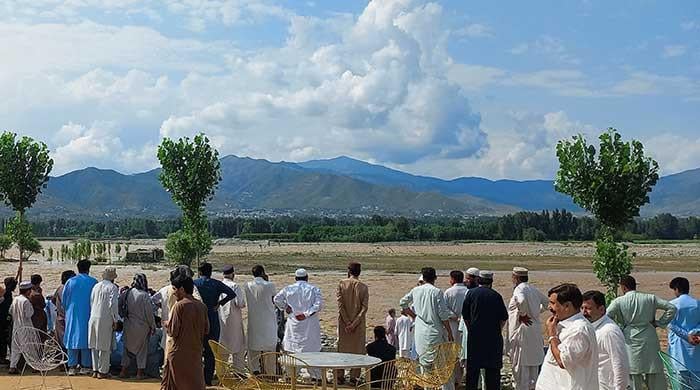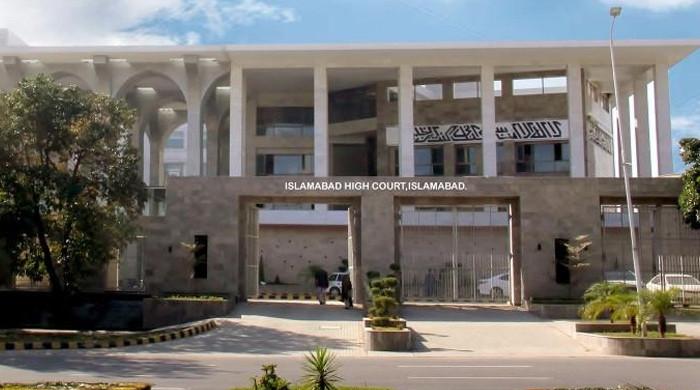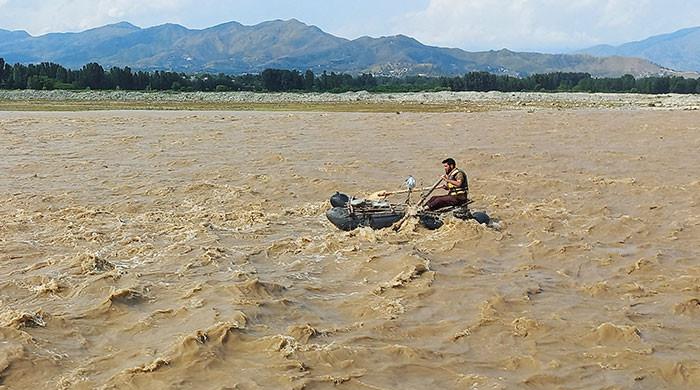Ongoing WhatsApp disruption in Pakistan likely 'technical glitch,' says PTA
PTA spokesperson claims there are no issues with social media apps currently
July 23, 2024
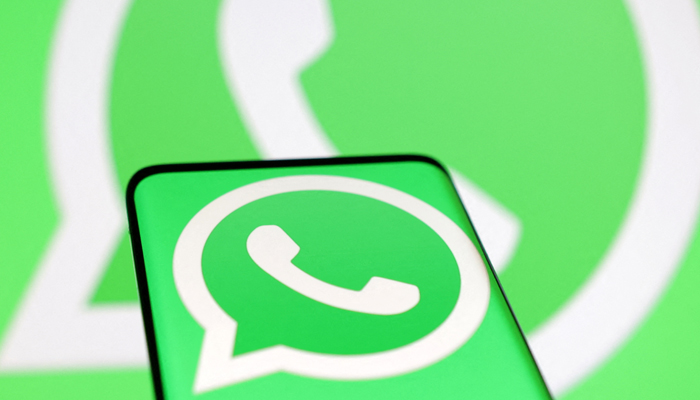
- PTA says there are no issues with social media apps currently.
- Expert links disruption to installation of firewall by government.
- There are 52.3 million WhatsApp users in Pakistan.
Pakistan’s telecommunication regulator has downplayed the ongoing issues with WhatsApp services being experienced by cellular users in the country, attributing it to a possible “technical glitch.”
On July 20, numerous users in Pakistan began reporting difficulties in sending and receiving media files, such as voice notes, photos, and videos, on the popular messaging application while using their mobile networks.
Complaints included media files either taking too long to download or not downloading at all, with some users receiving the following message from WhatsApp: “Couldn’t download document. Try again. If the problem keeps happening, try connecting to Wi-Fi.”
According to a 2024 report by the World Population Review, there are 52.3 million WhatsApp users in Pakistan.
The disruptions have persisted for many users. In the last 24 hours, Downdetector, a global platform that monitors problems with websites and online applications, has continued to receive reports regarding outages of WhatsApp in Pakistan.
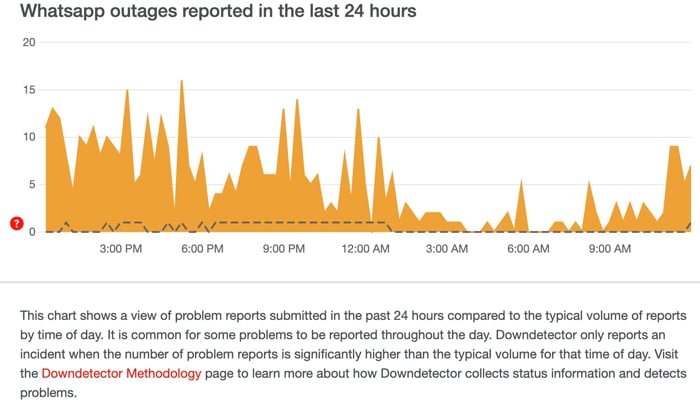
Private telecommunications services in the country have also confirmed the issue. A spokesperson for Jazz, Pakistan’s largest mobile network, who asked to remain anonymous, told Geo Fact Check that the company has received reports of WhatsApp disruptions.
“We are looking into the matter, and our commitment to providing uninterrupted services continues,” he added.
While a representative from Telenor Pakistan mentioned that they too had received “some complaints over the weekend” about WhatsApp's quality.
“We investigated the complaints and concluded that there were no issues from our side or due to our network,” he said. “If there was an issue from the backend or elsewhere, they can tell you better about it. That is beyond us.”
A Zong Pakistan representative stated it was difficult to pinpoint the exact issue and declined to comment further.
However, Malahat Obaid, the spokesperson for the Pakistan Telecommunication Authority (PTA), denied any issues with WhatsApp presently.
“There is no issue with WhatsApp or any social media apps currently,” she told Geo Fact Check through a written response, “In case anyone experienced any such issue lately it may be due to some technical glitch.”
The spokesperson did not elaborate on what could have caused the “technical glitch”.
Meanwhile, a spokesperson for Bytes for All Pakistan, a human rights organisation that works for digital rights in the country, said they were still investigating the alleged outage and would be publishing a report on the matter soon.
But Usama Khilji, the director of Bolo Bhi, an advocacy forum for digital rights in Pakistan, suggested that the WhatsApp disruptions could be linked to the installation of a firewall by the government to exert more control over the internet and communication technologies in the country and to quell dissent.
“The firewall is intended to enable the state to increase its sophistication in blocking access to content on the internet, especially social media,” he said, “WhatsApp is commonly used to share evidence of rigging [in national polls] as well as other evidence of gross violations by the state, and is likely to be the target of the firewall.”
Khilji added that the complete lack of transparency regarding the firewall system being installed was “criminal.”




